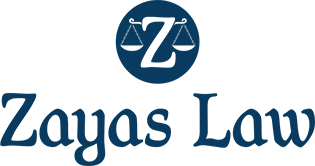What Is a Product Liability Lawsuit?
A product liability claim is a legal action taken against a manufacturer, distributor, supplier, or retailer when their product causes harm to an individual. Product liability claims are based on the idea that companies should be held responsible for any injuries caused by their products. A claimant’s injuries could include:
- physical injury,
- illness, or
- damage to property.
In order to prove a product liability claim, it must be established that the product was defective because of manufacturer, design, or sale negligence and that this defect was the direct cause of the claimant’s injury or damages. Companies often try to protect themselves from such claims by taking out product liability insurance which covers any compensation claims made against them due to defective products.
Types of Product Liability Claims
If you have been injured due to a faulty product, understanding the various types of product liability claims can help you decide your next course of action. Below, we will explore the different types of product liability claims that exist and what you should know about them.
Manufacturing Defects
Manufacturing defects refer to defects that occur during the production process of a product. These defects make the product different from what was intended, which can affect the product’s effectiveness as well as whether it’s safe for use.
A manufacturing defect claim can be made by a person who has been injured due to that defect. For example, if a car manufacturer forgot to install crucial brake components in a car, causing an accident, any person who was injured in that accident can bring a manufacturing defect claim against the manufacturer.
Design Defects
Design defects refer to flaws in the design of the product that make it inherently unsafe. This means that even if the product is manufactured correctly, it will still pose a risk to consumers.
In such cases, anyone who has been injured by the product can bring a claim against the manufacturer. For example, if a ladder is designed without the necessary safety features (i.e. rubber feet, non-slip tread tape, etc.), and a person falls off the ladder while using it, they can bring a design defects claim against the ladder's manufacturer.
Marketing Defects
Marketing defects refer to defects that arise when a manufacturer failed to provide proper instructions or warnings about how to use the product safely. Failure to include relevant warnings or instructions can make a product inherently dangerous to consumers.
In such cases, the victim can bring a marketing defect claim against the manufacturer. For example, if a product was sold without clear warnings about its flammability, and it caught fire and caused injury, the victim could bring a marketing defect claim against the manufacturer.
Breach of Warranty
A breach of warranty refers to a violation of the manufacturer's express or implied warranty that the product would be safe to use. When a product fails to perform as expected, a breach of warranty claim can be brought against the manufacturer. For example, if a camera manufacturer promised that their camera was waterproof, and it malfunctioned when it became wet, the victim who purchased the camera can bring a breach of warranty claim against the manufacturer.
Further Reading: “Who Can I Sue in a Product Liability Case?”
Defective Product Case Examples
Here are few examples of well-known product liability claims:
- McDonald’s hot coffee lawsuit. In February 1992, an elderly woman suffered second- and third-degree burns on over 15% of her body; she sustained these injuries after a McDonald’s cup of coffee she was holding between her knees spilled on her lap. She needed multiple skin graft operations and was hospitalized for week. She sued McDonalds because of their failure to warn customers of how hot (and overheated) their coffee is.
- Takata airbag case. Takata is one of the largest airbag manufactures globally and is believed to have manufactured over 40 million airbags for motor vehicles. However, their airbags had a dangerous defect in the inhalators that caused metal fragments to shoot at those in the vehicle if deployed. Takata had to pay $1 billion dollars to car manufacturers and those injured because of the defective airbags. A key reason they lost the case is because it was revealed that the company knew about the defect a decade before they recalled the airbags.
- Johnson & Johnson (J&J) Risperdal lawsuit. Several men filed a suit against J&J because their anti-psychotic drug Risperdal led them to develop excessive breast tissue; they filed a product liability suit because they believed J&J failed to warn consumers about the potential risks and side effects of the drug.
Get Help from Our Product Liability Attorneys
At Zayas Law Firm, our attorneys are backed by over 45 years of combined legal experience. If you or a loved one have suffered injuries because of a defective product, we are here and equipped to help you understand your legal rights and options as well as pursue compensation.
Learn more about how we can help you with your product liability case by calling (860) 854-9156 today.





